DACA Continues Amid Legal Challenges and Uncertain Future
The Deferred Action for Childhood Arrivals (DACA) program faced another legal setback after a three-judge panel at the U.S. Fifth Circuit Court of Appeals issued a decision holding that the program was unlawful. The ruling affirms the decision issued in a lower court by U.S. District Judge Andrew Hanen that the program was not legal because it was not subject to public notice or comment under the federal Administrative Procedures Act requirements. The 5th Circuit’s decision sends the case back for review to Judge Hanen, tasking him with evaluating whether or not the Biden administration's new regulation on DACA, issued in August of this year, is in compliance with federal law.
In a hearing on October 14, 2022, Judge Hanen indicated that he would allow the DACA program to remain in place for the time being but noted that the court would undertake a review of the new regulations related to the program. No timetable was provided for this review. The ruling keeps DACA in place and allows those who received work permits and deferred status to keep benefits, but it stops the administration from approving new applications.
The new rule took effect on October 31, 2022, and despite being 453 pages long, it provides little substantive changes to the DACA program that has been in place since 2012. Instead, the Biden administration hopes this procedure will allow DACA to withstand future legal challenges. The legal challenges against the program have been led by conservative states, including Texas, who argued that it was not legal when President Obama originally established it. Legal experts believe the Supreme Court may ultimately hear the case if Judge Hanen strikes the program again.
The Supreme Court has previously considered issues related to the program, including a 2020 5-4 decision, which held that the Trump administration failed to follow federal procedures when it ended the program. Despite these previous rulings, many remain concerned that the conservative-leaning body will vote against the program. President Biden issued a statement expressing disappointment over the continued legal challenges to DACA and called on Congress to pass a comprehensive solution to the issue.
"Today’s decision is the result of continued efforts by Republican state officials to strip DACA recipients of the protections and work authorization that many have now held for over a decade," Biden said in a statement. "And while we will use the tools we have to allow Dreamers to live and work in the only country they know as home, it is long past time for Congress to pass permanent protections for Dreamers, including a pathway to citizenship."The fight leaves more than 600,000 DACA recipients in legal limbo, uncertain of what their ultimate future may be in the United States. While President Biden has claimed that he will do “everything within [his] power” to protect the program, advocates are calling for a permanent solution to the issue. This includes legislative solutions that provide DACA recipients with a pathway to citizenship. However, the prospects for legislative solutions may prove difficult if Democrats lose control of Congress in the upcoming November election. Many DACA recipients remain critical of both the decision by the courts and the failed promises by Democratic lawmakers and administrations that have kept them in an uncertain and precarious situation for years.
“It is beyond time for Congress and Biden to act on their promises to secure permanent protections for Dreamers, including a pathway to citizenship, once and for all,” the advocacy group Families Belong Together said in a statement cited by Politico.
What does this mean for DACA Recipients? It is important to note that this ruling does not change the status quo for DACA recipients. They can continue to work and enjoy their benefits and status under the program. Furthermore, it does not appear that Judge Hanen will make a sudden decision to strike down the program, though that remains a possibility in the future as he reviews new rules put forth by the Biden administration. Many believe that if Judge Hanen ultimately decides to end the program, his decision will include a “wind down” period based on the impact the termination may have on DACA recipients. The ruling does prevent USCIS from approving any new applications for the program and leaves the ultimate future of all DACA recipients up in the air. For the latest updates on USCIS, including changes that may occur after the publication of this blog, please check the USCIS website on DACA.
